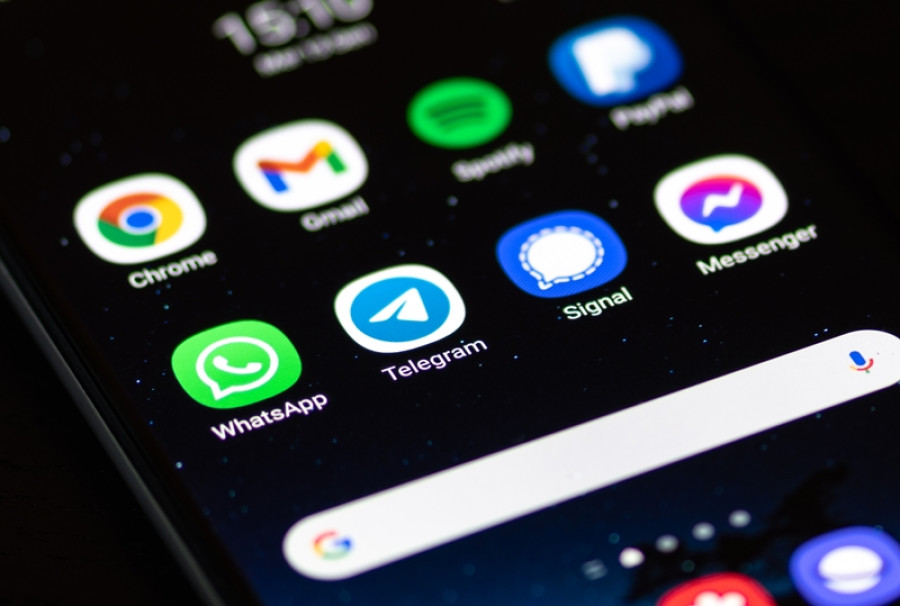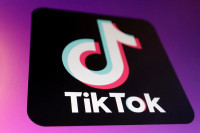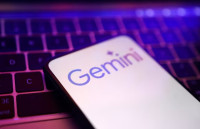Science & Technology
Is it time to quit WhatsApp?
Updated privacy policies state the platform will share user information with Facebook, and this hasn’t gone down well with users. But does that mean you have to stop using the service altogether?
Prajesh SJB Rana
On Jan 7, 2021, Elon Musk tweeted “Use Signal”. A few days before this tweet, WhatsApp had updated their privacy policy, detailing how the popular messaging service, adopted by many of its users for its privacy, would be sharing critical user information with Facebook.
This update by WhatsApp raised many issues about data privacy amongst its users owing partly to Facebook’s infamy in this regard and how Facebook is WhatsApp’s parent company. This information did not sit well with many of its users and the internet community overall: users started abandoning WhatsApp, and following Musk’s endorsement, started using alternate apps like Signal and Telegram. Signal has seen a dramatic uptick in their downloads with an 8.8 million downloads after the WhatsApp announcement. Telegram too reached the 500 million users mark owing to a surge of recent downloads. WhatsApp, on the other hand, saw an exodus of users with global downloads shrinking by an approximate 20 percent.
While there are genuine concerns around the recent privacy policy update, the announcement was followed by a mass social media disinformation as well. Understanding the fallout their announcement was having, WhatsApp went on damage-control mode and issued an explainer infographic detailing what information WhatsApp would and wouldn’t access. And while the recent explainer does help fight disinformation, the announcement itself had already dug up questions users always wondered about. It also did not help that WhatsApp issued the Privacy Policy with a compliance deadline rather than an opt-out option. The mandatory policy was planned to go into effect on Feb 8 but public outcry has pushed the deadline to May.
Should I be concerned about using WhatsApp now?
Maybe. Your messages are something that neither Facebook or WhatsApp can access. This is thanks for the core encryption system they use, which is called end-to-end encryption (E2EE). What this means is that when you send a message, that message is converted into a string of nonsensical text which can only be converted back to legible text once it’s decoded using a specific public key at the receiver’s end. This decryption of the message happens at a local level, meaning your communication device, which would mean that message interception would be impossible. Ironically, WhatsApp uses the exact same encryption method used by Signal.
So, both of these companies cannot access your messages but they can access a lot of other information syphoned from your device. WhatsApp does log and share critical information such as device identifiers, IP Addresses, Operating System, browser details, battery percentage, mobile network, ISP, language and time-zones. If you haven’t dug around the setting and disabled certain settings, you’re also sharing cookies and location data. However, WhatsApp sharing data with Facebook is nothing new and definitely not specific to the recent announcement. WhatsApp and Facebook have been trading most of the information detailed above since 2016. And something Instagram is also most likely sharing after the recent upgrades to integration between the image sharing platform and Facebook.
What is Facebook going to do with my data?
Facebook does not really have the best track record when it comes to respecting user’s data privacy. Facebook has used directed ads for many nefarious purposes over the years—from inciting genocide in Myanmar to aiding the controversial Cambridge Analytica scandal. Facebook does not have the best image when it comes to data privacy, and while WhatsApp did start out as a privacy-focused messaging app, a feature that pulled in many of its initial users, being associated with a big tech company like Facebook with a track-record of data misuse would raise doubts.
Facebook says that this update is to facilitate tighter integration across Facebook services. Just like how Facebook revamped their integration with Instagram, it says it wants to implement tighter integration between Facebook businesses and WhatsApp. With WhatsApp, Facebook wants a tighter integration with their business accounts, using the data syphoned from your device to offer more tailored ads.
Should I make the switch?
At this point, switching would probably be for the best. But do understand that WhatsApp is just part of the problem and if you’re a regular Facebook and Instagram user, you will be sharing your data with Facebook either way. Alternatives like Signal, Telegram and Wire would be great; the best among the three being Signal. Signal’s development company, Open Whisper Systems is supported by their non-profit Signal Foundation. Signal is also developed by one of WhatsApp’s creators Brian Action. Considering the non-profit foundations of Signal, the company would not be incentivised to use your data when compared with a for-profit company. We have seen an example of a successful implementation of this model with Firefox and the Mozilla Foundation.
Signal is, however, still in its infancy and missing key WhatsApp features like Group Chats. Telegram on the other hand has most of the features of WhatsApp but since it doesn’t enable encryption on all of its messages, it might not be as secure as WhatsApp or Signal. Signal also doesn’t request access to many of your device’s privacy setting to work and doesn’t even track location. If you are doubtful about Signal, there are many other alternatives like Silence, Threema and Wickr.
When it comes to data privacy, the rule of thumb is to stay away from services provided by big tech companies. These companies will always have an incentive to use your data. WhatsApp, while a great private messaging service in the past, has been acquired by one of the most infamous companies when it comes to data privacy, and because of this, WhatsApp has and will always syphon data from you, whether you know it or not. If you are concerned about your privacy, the time might have come for you to switch to any of the alternatives mentioned above.




 9.89°C Kathmandu
9.89°C Kathmandu











